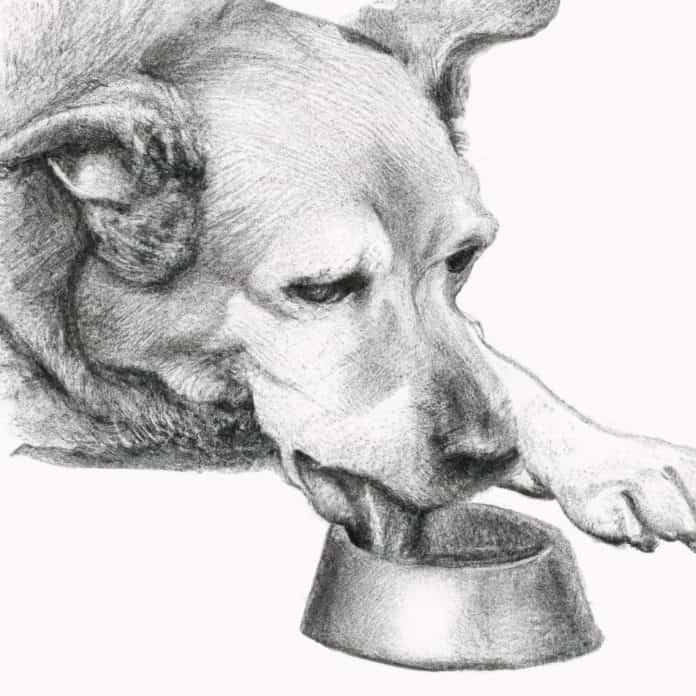Dear VetBabble,
I have a senior dog who is almost 15 years old, and she seems to have lost her appetite. She eats very little, and although her teeth seem fine since she can still eat treats, she won’t touch her dry food. She used to eat a lot more. I’m worried about her health. Do you have any advice for getting her to eat and what might be causing this loss of appetite?
Understanding Changes in Appetite in Senior Pets
As our furry friends age, it’s not uncommon for their eating habits to change. Various factors can contribute to appetite loss in senior pets, including dental issues, underlying health conditions, and changes in activity levels. It’s essential to monitor your pet’s eating habits and talk to your veterinarian if you notice any concerning changes.
It’s excellent to hear that you’ve been monitoring your dog’s eating and have noted her ability and willingness to eat wet food and treats. This information can be helpful in understanding possible causes of her loss of appetite. Let’s go over some potential reasons why your dog may be refusing dry food.
Investigating Possible Causes of Appetite Loss
Dental health: While your dog can still eat treats and wet food, it’s worth considering that some dental issues may make it difficult or painful for her to chew on dry food. It might be a good idea to have her teeth examined by a veterinarian to rule out oral pain or problems.
Food preferences: It’s possible that, over time, your dog’s preferences have changed. You may want to experiment with different dry food formulas or flavors to see if this encourages her to eat more.
Underlying health issues: As pets age, they become more prone to health problems. Blood work and a complete physical examination from a veterinarian can help identify any underlying health issues that may contribute to your dog’s appetite loss. The information you provide, such as her preference for wet food and ability to eat treats, can help your vet make a more accurate diagnosis.
Loss of smell or taste: Aging can also affect a pet’s sense of smell and taste. If your dog is having trouble smelling her food, she might be less inclined to eat. You could try heating her food to enhance the aroma and make it more attractive to her.
If you’re interested in learning more about different appetite-related issues in pets, these articles might be helpful:
- Why Won’t My Dog Eat?
- My Cat Won’t Eat! What Should I Do?
- Why Does My Dog Eat Dirt?
- Pet Food Allergies – Symptoms and Treatments
Taking Action: Next Steps
It’s vital to understand that loss of appetite in senior pets can be a sign of underlying health issues, so it’s important to consult your veterinarian. They can perform blood work and other diagnostic tests to determine the cause of your dog’s appetite loss and recommend appropriate treatments or feeding strategies.
In the meantime, consider offering your dog wet food or softer foods to ensure she is getting the necessary nutrients. You could also try mixing wet and dry food to help her transition back to eating dry food. Remember, it’s crucial to monitor your pet’s eating habits and overall health, adjusting their care as needed to support their well-being.
We wish you the best of luck with your senior dog, and hope she’ll be back to her regular eating habits soon!









